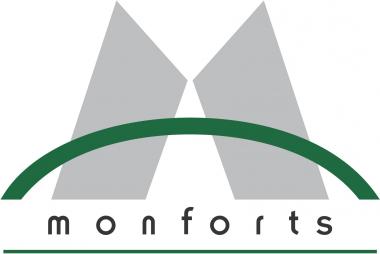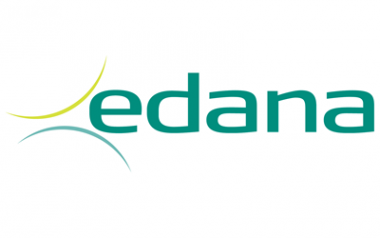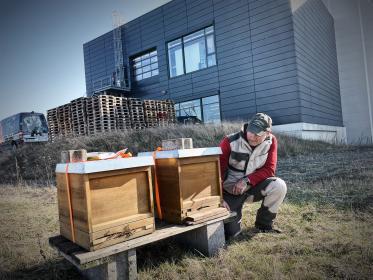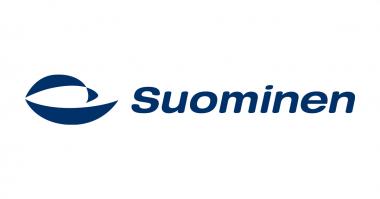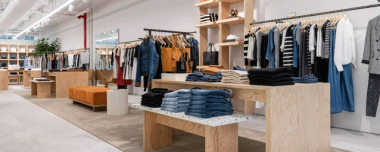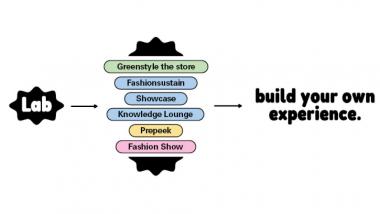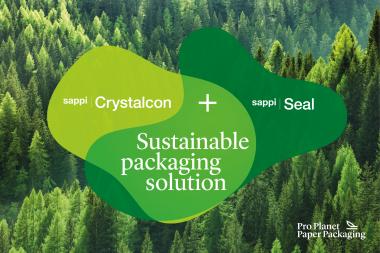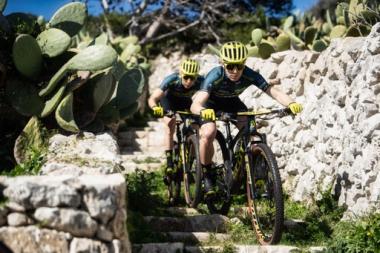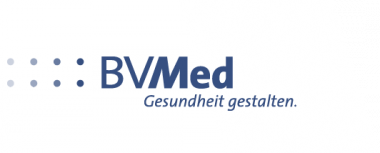Monforts at Techtextil North America
Monforts will highlight its advanced finishing and coating technologies for the production of technical textiles at Techtextil North America, which takes place at the Georgia World Congress Center in Atlanta from May 17-19.
The company and its US representative PSP Marketing, of Charlotte, North Carolina, will be part of the centrepiece VDMA German Pavilion at the show.
Energy prices
With energy prices continuing to go through the roof, an emphasis at Techtextil North America will be on the energy and heat recovery that can be achieved with Montex stenters, through features such as the MonforClean system, in which waste heat from the drying process is used to pre-heat the drying air. This results in a radical reduction in the conventional heat supply required. A range of further resource-saving and energy recovery options can be specified per individual line installation.
Advanced machine operation
With the highly intuitive Qualitex 800 visualization software, all article-specific settings can be stored and the formulations for thousands of treatment processes called up again at any time. Individual operators can also personalise their dashboards with the most important machine functions and process parameters.
The Qualitex 800 system is available for the automatic and continuous operation of the company’s Montex stenters, as well as its Thermex continuous dyeing ranges, Monfortex shrinking systems and Montex®Coat coating units.
Versatility is the key
Monforts Montex®Coat coating units serve an equally diverse number of markets, including tents, tarpaulins and awnings, black-out roller blinds and sail cloth, automotive interior fabrics and medical disposables. Full PVC coatings, pigment dyeing or minimal application surface and low penetration treatments and solvent coatings (in explosion-proof conditions) with knife coating, roller coating or screen printing can all be accommodated with this system.
AWOl Media / A. Monforts Textilmaschinen GmbH & Co. KG


